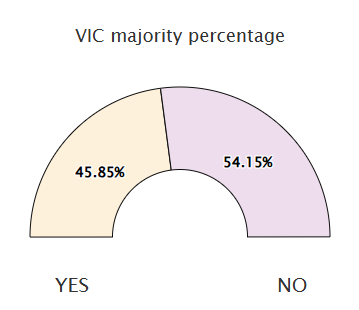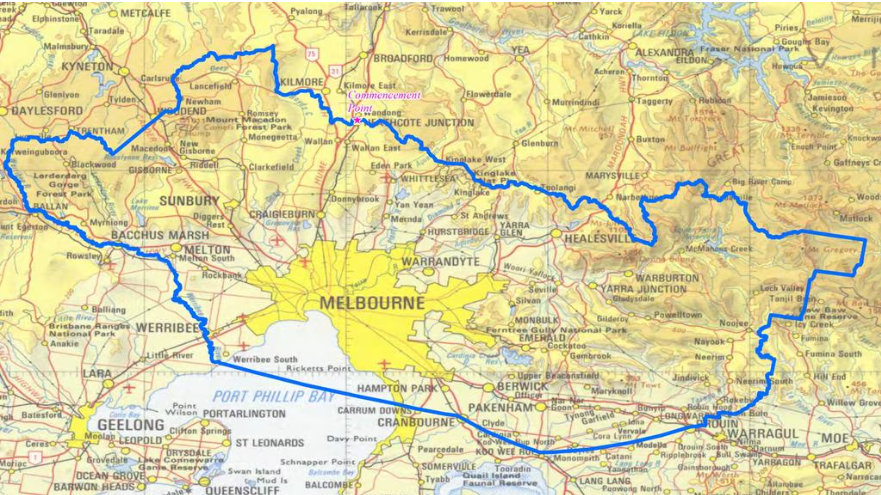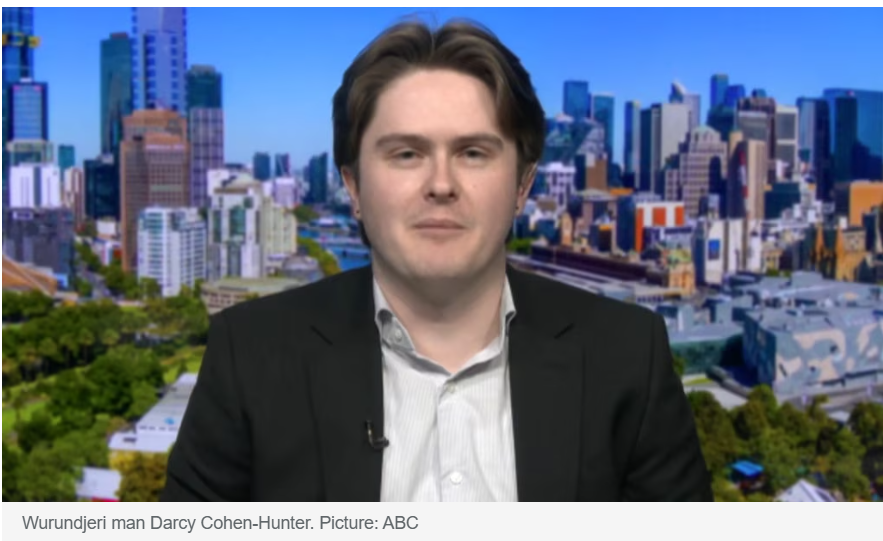Victorians to pay treaty tax?
The State of Victoria, already drowning in debt and facing further credit rating downgrades, last month passed legislation to establish a First Peoples’ Assembly, providing the indigenous community with significant powers that can greatly increase the cost and difficulty of managing the state.
The First Peoples’ Assembly powers are buried in 200-plus pages of complex legislation.
As warned by The Australian’s Robert Gottliebsen, “our second-largest state will become ungovernable because of the demands to be placed on the public service and government authorities”.
“Every minister or member of the Victorian parliament introducing a bill must state whether the Assembly was given the opportunity to advise and make representations on the bill”.
“This power gives the assembly the right to delve deep into the operation of every branch of government”…
“The Victorian “treaty legislation” contains powers that go further than those rejected by the Victorian people [in The Voice Referendum]”, Gotliebsen warned.
The establishment of the First Peoples’ Assembly came despite Victorians voting 54.15% against The Voice referendum.

Voice referendum results
Already, the impacts of this treaty legislation are being felt, with the Wurundjeri Woi-wurrung people on Friday lodging a historic native title claim with the Federal Court, seeking legal recognition of their traditional rights over much of metropolitan Melbourne and surrounding areas.
The claim covers thousands of square kilometres, including most of metropolitan Melbourne.
It stretches:
- North beyond the Great Dividing Range
- West to the Werribee River
- East to Mount Baw Baw
- South to Mordialloc Creek

Proposed native title claim area
The claim concerns crown (public) land and does not affect private homes, businesses, or public infrastructure.
Claimant Darcy Cohen-Hunter (pictured below), who works as a First Nations Law Clerk of the Wurundjeri Woi Wurrung people, told the ABC on Monday that the native title claim has “been a long time in the making, for generations”.

“Obviously this is an incredibly proud moment for our mob. It’s about that formal recognition and being able to practice our culture and have a say in the land”, Cohen-Hunter said.
Ordinary Victorians will be required to fund a new layer of bureaucracy within the government, as well as fees, subsidies, tax breaks, and other special perks afforded to the new class of residents.
The treaty also raises the risk of a substantial downgrading of Victoria’s credit rating once the New York-based credit rating agencies become aware of the power of the First Peoples’ Assembly, the costs involved in running a quasi-second parliament, and the compensation schemes that could follow.
